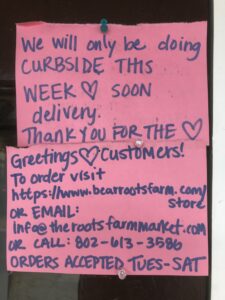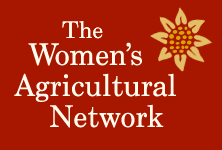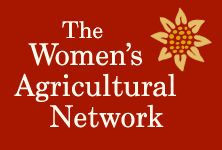By Mary Peabody
Well, 2020 fell a little short of my expectations. And 2021 is likely to be just as unsettling. I hope that doesn’t come as a surprise to you. We are sailing in uncharted waters and no one really knows what the future will look like. I am a member of the “things will never return to what we knew as normal pre-2020” club. I can’t predict whether the long-range change will be better, worse or just different but I do believe our society, culture and economy will be forever different going forward.
One of the gifts of the pandemic for me was more time to read. One book I found especially thought-provoking was Life is in the Transitions: Mastering change at any age by Bruce Feiler. Feiler recounts how we deal with the big, wrenching changes that happen to us that he terms lifequakes. His primary thesis is that the non-linear life is over – life is now complex, nonlinear and we now live life transitioning from one crisis/disruptor to another. And every so often there is a pileup of these disruptors – the lifequake. Learning to manage, and grow, through these transitions is the key skill required of us.
Seven “tools” are identified for surviving lifequakes and span three phases – the long goodbye, the messy middle, and the new beginning. There isn’t space here to address all of these tools but I do want to introduce two tools because they have implications for how we leave 2020 behind and prepare for 2021. These two tools come from the long goodbye phase– accept it and mark it.

The first tool, acceptance, is a way to reframe the transition. Instead of dwelling on how awful things are, how sad you are, and what has been lost in the last year, try instead to reorient your mind. If you cannot go all the way to optimism at least work on getting to neutral. You don’t have to think things are great but you could choose to think, “it was tough but we got through, we’re still here”. You can still be sad, angry, or anxious. You can continue to grieve what was lost but stop resisting and accept that change has come.
The next tool is all about ritualizing the change. In whatever way your life, your business, your family is different from a year ago name it and come up with a way to mark the change. Maybe it’s a new logo for your business. Maybe it’s repainting your house. Maybe it’s creating a work of art. Maybe it’s a bonfire or a special meal. It doesn’t matter what you do – it can be fun, sacred, solemn or silly—it just matters that you name it as a rite of passage.
I recommend the book for a deeper look at how transitions show up in our lives and how to manage them more effectively. My prediction for 2021 is that we will continue to experience some aftershocks of this latest lifequake. Some of them will certainly be frightening and challenging. But we will also begin to see new opportunities – for social justice, for food security, for local economies and for new global responses to the looming environmental threats.
Welcome to 2021, we’re honored to walk beside you.






